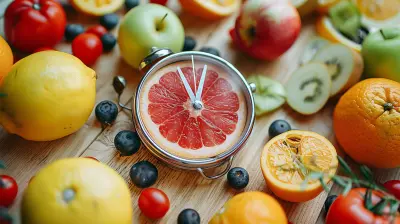Healing Your Gut After Antibiotics: What You Need to Know
7 October 2025
Antibiotics are a lifesaver when it comes to battling bacterial infections, but they often come with an unfortunate side effect—wreaking havoc on your gut health. If you've recently finished a course of antibiotics and are feeling bloated, sluggish, or dealing with digestive issues, you're not alone.
Your gut is home to trillions of bacteria, both good and bad, that play a crucial role in digestion, immunity, and even mood regulation. However, antibiotics don’t just kill harmful bacteria; they also wipe out the beneficial ones, leaving your gut microbiome out of balance. The good news? You can actively restore gut health using simple, natural strategies.
In this article, we'll dive into how antibiotics affect your gut and the best steps to heal your digestive system naturally.
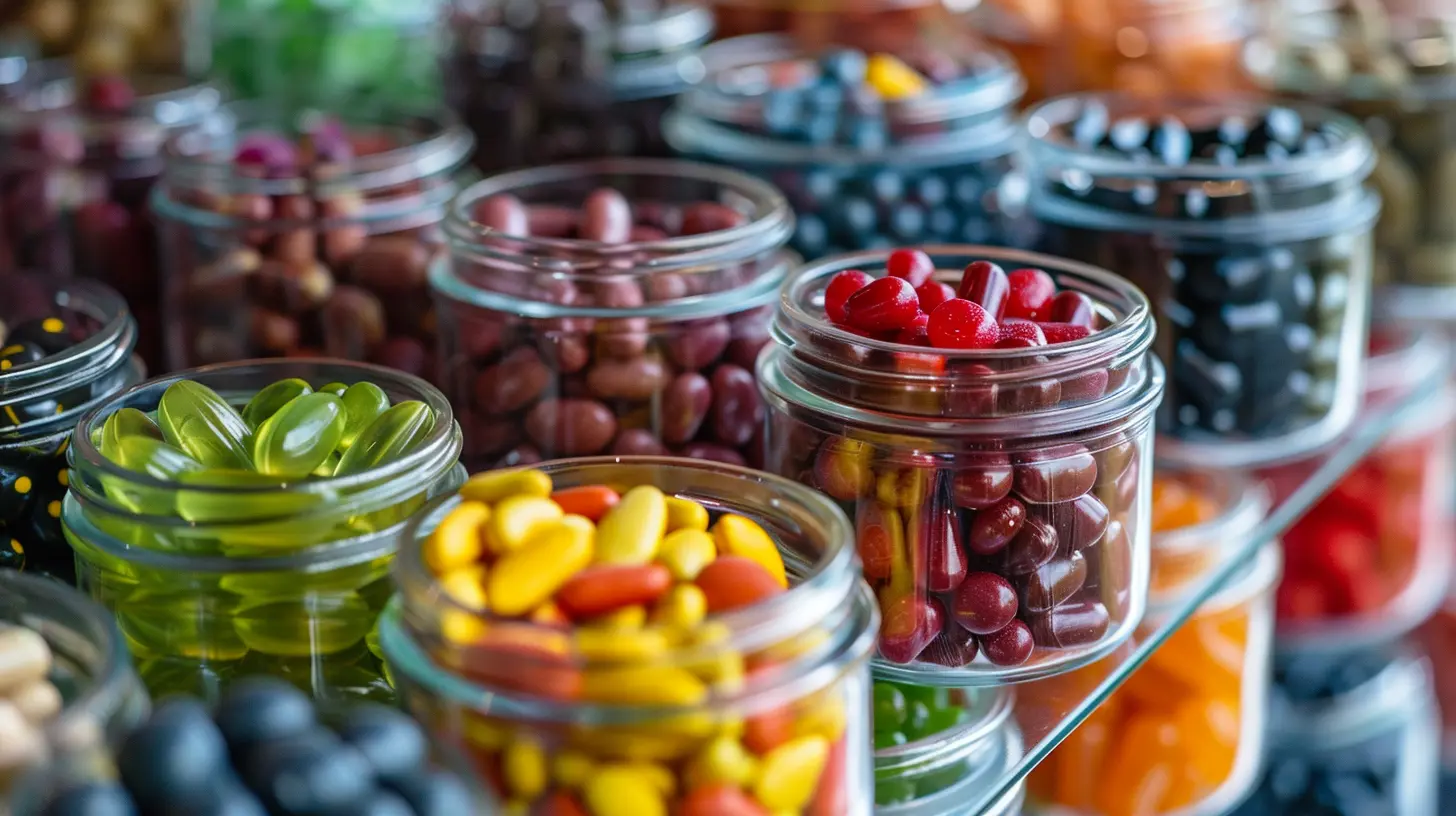
How Antibiotics Affect Your Gut
Antibiotics work by killing bacteria or preventing their growth. While this is essential for fighting infections, it also means that the good bacteria in your gut get caught in the crossfire. This disruption can lead to:- Reduced microbial diversity: A healthy gut contains hundreds of different bacterial species. Antibiotics can drastically lower this diversity, leading to digestive discomfort.
- Weakened immune system: A significant portion of your immune system resides in your gut. When beneficial bacteria are wiped out, you may become more susceptible to illness.
- Digestive issues: Many people experience bloating, diarrhea, constipation, or stomach pain after taking antibiotics.
- Increased risk of infections: With fewer good bacteria to keep harmful ones in check, conditions like Candida overgrowth or Clostridium difficile infections can become a problem.
Now that you understand the impact of antibiotics on your gut, let's discuss how to restore balance and support your digestive health.
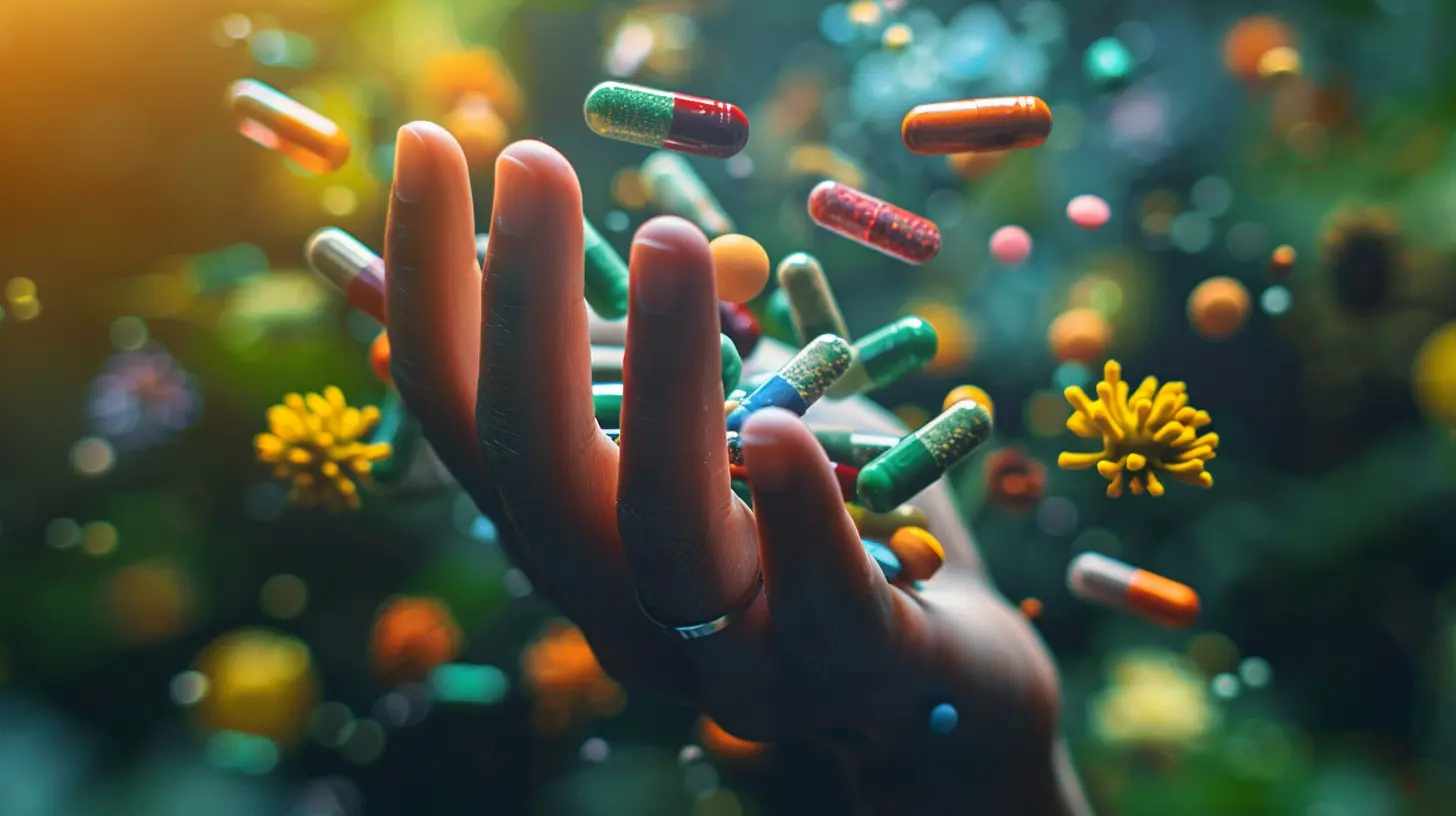
The Best Ways to Heal Your Gut After Antibiotics
1. Replenish Good Bacteria with Probiotics
Probiotics are live bacteria that can help rebuild your gut microbiome. You can find them in both supplement form and fermented foods.Best Probiotic Foods:
- Yogurt: Look for plain, unsweetened yogurt with live cultures.- Kefir: A fermented dairy drink packed with beneficial bacteria.
- Sauerkraut & Kimchi: Fermented vegetables that promote gut health.
- Miso & Tempeh: Fermented soy products rich in probiotics.
- Kombucha: A probiotic-rich fermented tea.
If you prefer supplements, opt for a probiotic with multiple strains like Lactobacillus and Bifidobacterium.
2. Feed the Good Bacteria with Prebiotics
Probiotics are essential, but they need food to thrive. That’s where prebiotics come in—these are fibers that nourish beneficial bacteria.Top Prebiotic Foods:
- Bananas- Garlic
- Onions
- Asparagus
- Oats
- Apples
- Flaxseeds
Adding these to your diet helps probiotics flourish and restore gut balance.
3. Eat a Gut-Friendly, Nutrient-Dense Diet
What you eat plays a massive role in gut healing. Focus on whole, unprocessed foods that support digestion.Best Foods for Gut Healing:
- Bone broth: Packed with collagen and amino acids that heal the gut lining.- Leafy greens: High in fiber and antioxidants to reduce inflammation.
- Healthy fats: Avocados, olive oil, and nuts support gut and brain health.
- Lean proteins: Wild-caught fish, pasture-raised poultry, and grass-fed beef help repair tissue.
At the same time, minimize processed foods, excessive sugar, and artificial additives, which can promote harmful bacteria and inflammation.
4. Stay Hydrated
Water is essential for gut health. It helps maintain a healthy digestive system, flushes out toxins, and promotes regular bowel movements. Herbal teas like ginger or peppermint can also soothe digestive discomfort.5. Manage Stress
Believe it or not, stress has a massive impact on your gut. The gut and brain are deeply connected through the gut-brain axis, meaning heightened stress can disrupt digestion and microbiome balance.Ways to Reduce Stress:
- Practice deep breathing or meditation- Get quality sleep
- Engage in regular movement (like walking or yoga)
- Spend time in nature
- Journal or talk to a friend
Taking care of your mental well-being is just as important as eating the right foods for gut healing.
6. Limit Alcohol and Caffeine
Both alcohol and caffeine can irritate the gut lining and disrupt bacterial balance, especially when consumed in excess. If you’re serious about healing your gut, consider cutting back or switching to gut-friendly alternatives like herbal teas.7. Give Your Gut Time to Rest
Intermittent fasting—where you go for a set period without food (typically 12-16 hours overnight)—allows your gut to reset and repair itself. Research suggests that fasting encourages microbial diversity and strengthens the gut lining.8. Avoid Unnecessary Antibiotics in the Future
Of course, antibiotics are sometimes necessary, but they should be used judiciously. Overuse can lead to antibiotic resistance and further gut damage. Always speak with your doctor about whether antibiotics are truly needed and consider natural alternatives for minor infections when possible.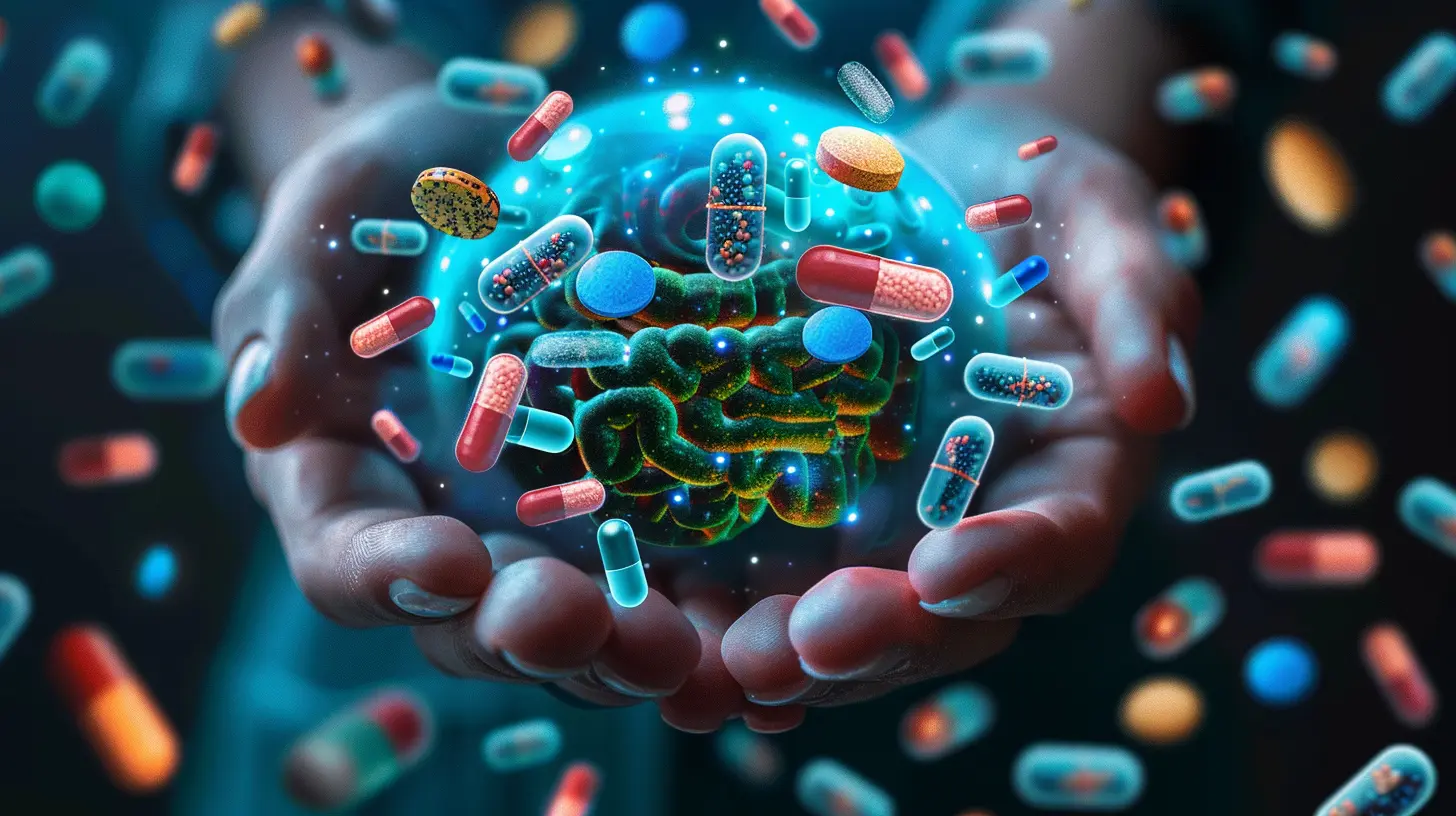
How Long Does It Take to Restore Gut Health?
Everyone’s gut heals at a different pace, depending on diet, lifestyle, and the length of antibiotic use. In general:- Mild disruptions may improve in a few weeks.
- More severe imbalances can take months to rebuild.
- Chronic issues might require ongoing gut support.
Consistency is key! Stick with gut-friendly habits, and you’ll feel the benefits over time.
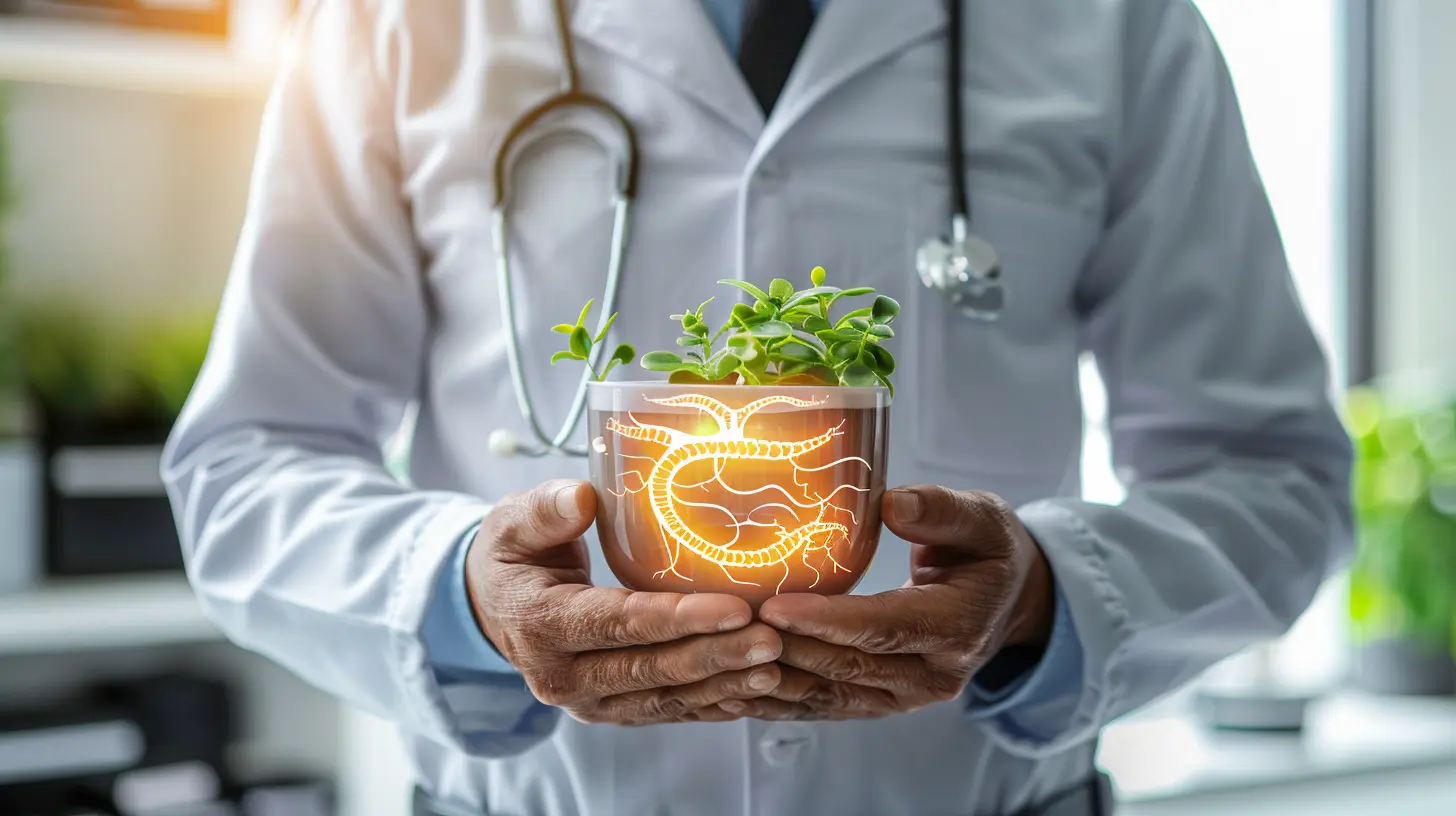
Signs Your Gut Is Healing
Wondering if your gut is on the right track? Here are some positive signs:- Improved digestion (less bloating, gas, or discomfort)
- More regular bowel movements
- Better mood and energy levels
- Fewer cravings for sugary or processed foods
- Stronger immune function (fewer illnesses or infections)
If symptoms persist despite making gut-friendly changes, consider working with a healthcare provider or nutritionist to pinpoint any underlying issues.
Final Thoughts
Antibiotics can be rough on your gut, but with the right steps, you can restore balance, rebuild your microbiome, and support long-term digestive health. By eating probiotic and prebiotic-rich foods, staying hydrated, managing stress, and making smart lifestyle choices, you can help your gut recover and thrive.Your gut does so much for you—why not return the favor? Start incorporating these strategies today and notice the difference in how you feel!
all images in this post were generated using AI tools
Category:
Gut HealthAuthor:

Jackson Mahoney
Discussion
rate this article
1 comments
Zayla Wallace
Great tips! Healing your gut is essential—let's nourish our bodies and feel fabulous again! 🌟
October 21, 2025 at 4:34 AM

Jackson Mahoney
Thank you! Absolutely, nourishing our bodies is key to gut recovery. 🌱
